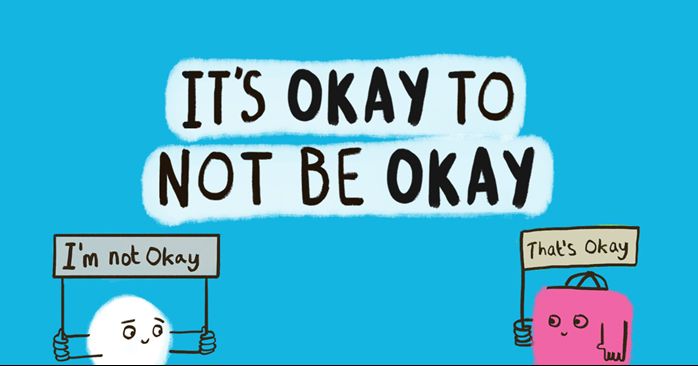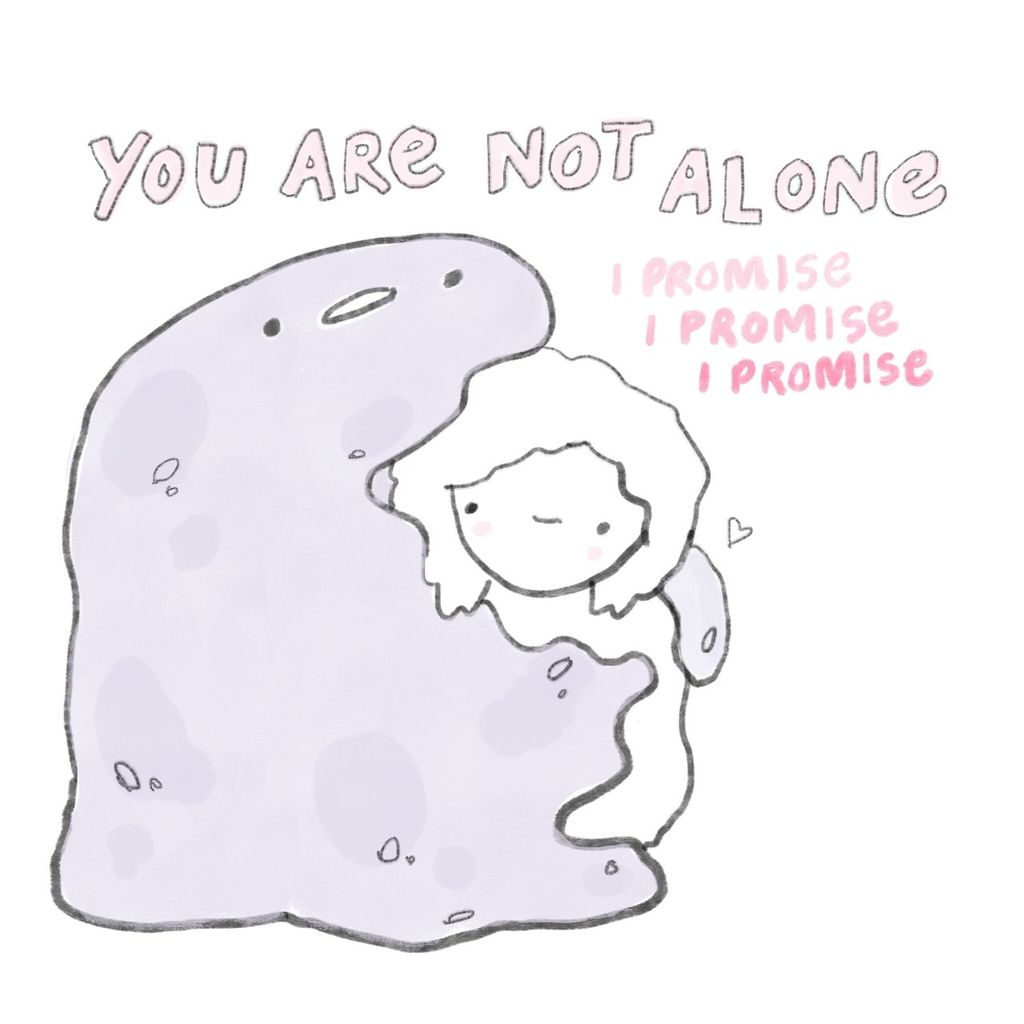The Mental Illness Conundrum
Mar 17, 2019 • 13 views
Medically, mental illness is a condition that affects your mood, thought process and the way you feel. There are over 200 classified forms of mental illness, and they are more common than you might think. However, if it is a medical condition, then what is it that makes it so difficult to not only understand but also deal with?
Truth is that everybody does not face the same mental illness in the same manner. Even with a similar diagnosis, people have very different experiences. And to complicate it further, mental illness isn't the result of a single event. In fact, studies show that it differs from anything between the environment you're in, the lifestyle you have or even your genetics. A stressful job or home life make people more susceptible, as does going through a traumatic experience. Because there are so many causes that can not only affect your mental health but also dynamically change it, understanding even your own mental illness can prove to be quite taxing.

In today’s social world everybody is well aware of each other’s lives, or at least what we show of it on social media. A lot of the newer generation suffering from mental illness may actually have their roots from these very multi-networking sites. While networking surely has its own benefits, looking at everybody’s “picture perfect” lives on Instagram and Facebook, often leads people to view their own lives in a negative, more criticised light. Furthermore, the need of having more followers and likes and retweets often leads to linking these numbers to one’s self-worth. Really, what we need to do is to dissociate reality from what we see on SNS. Fact is that everybody is struggling with their own problems, even if they might not show it. Accepting this not only makes one more empathetic and understanding of others but gives one a bigger perspective of their own problems.

But what else can we do to have good mental health? Viewing your thoughts more logically and really being in touch with the way you feel and perceive circumstances is a beginning step. Another method to start is to ask yourself questions. What triggers you? What makes it bearable? Is what I’m thinking of actually the truth? Most importantly, don't be shy to seek help. Having the support of friends and family is often crucial to the recovery process. Communication is the key to rid your mind of any assumptions you might make in regarding how others or even you perceive yourself. One can also tackle mental illness by indulging in things that make you happy, like taking care of yourself or having a daily goal. Even such little things can go a long way on the path to recovery.
Now ask yourself again, are you taking care of your mental health as well as you take care of your body? And if the answer is no, then you might need to indulge in some introspection of your own.
